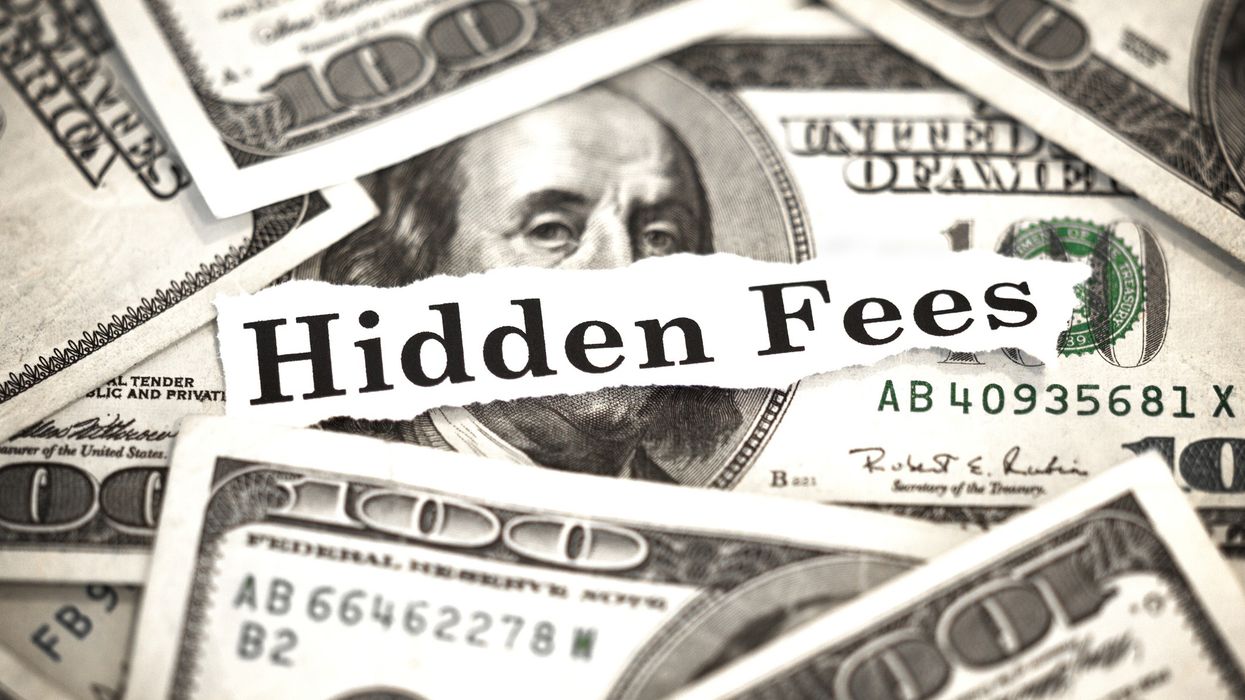THE U.S. HOUSE of Representatives recently unveiled the 'No Hidden FEES Act of 2023' (H.R 6543), compelling the travel industry to enhance transparency regarding so-called "junk fees." This legislation is designed to improve pricing transparency for customers seeking short-term lodging, including hotels, motels, inns, and privately-owned vacation rentals.
Meanwhile, the American Hotel & Lodging Association extended its support for the bill, which was introduced by Reps. Young Kim and Kathy Castor on Friday.
"As Americans grapple with persistent high inflation, the last thing families need after budgeting for trips is to be hit with costly last-minute fees," Kim said. "The No Hidden FEES Act would rectify this issue, offering cost transparency for consumers so they know the upfront lodging expenses. I will continue the fight to make life more affordable for families in Southern California and throughout our nation."
"Hidden 'junk fees' added to hotel room bookings often confuse or deceive consumers, taking a bite out of the family vacation budget," said Castor. "As a top vacation destination, Florida families and visitors need relief from these concealed charges. Excessive junk fees have inflated costs, leaving millions of Americans on the hook for tens of billions of dollars each year, stifling competition, and adversely impacting consumers, workers, small businesses, and entrepreneurs. Our No Hidden FEES Act will enhance transparency, ensuring travelers can make fully informed decisions without being deceived by hidden fees."
If enacted, the ‘No Hidden FEES Act’ would prohibit deceptive or dishonest pricing advertisements for short-term accommodations. It mandates that both lodging providers and third-party sellers furnish precise and comprehensive price listings, encompassing all obligatory fees.
However, this is not the first legislative proposal addressing the elimination of hidden or "junk" fees often added to the upfront advertised price of hotel stays and short-term accommodations. A parallel bill, the Hotel Fees Transparency Act, was introduced in the Senate in July by Sens. Amy Klobuchar and Jerry Moran and is supported by AHLA.
"The No Hidden FEES Act establishes a unified standard for mandatory fee display throughout the lodging industry — from short-term rental platforms to online travel agencies, search engines, metasearch sites, and hotels," said Chip Rogers, AHLA president and CEO. "This legislation ensures that wherever consumers shop for lodging, mandatory fees are included in the displayed price. AHLA appreciates the leadership of Reps. Kim and Castor in advocating to level the playing field for all types of lodging providers and distributors."
Meanwhile, AHLA's latest data reveals that only 6 percent of hotels nationwide impose a mandatory resort/destination/amenity fee, averaging $26 per night.
In November, AHLA filed a lawsuit against the Biden administration, seeking to reverse the National Labor Relations Board's final ruling on the definition of joint-employer status. Simultaneously, a coalition of House and Senate lawmakers has introduced a resolution aiming to overturn the ruling.






